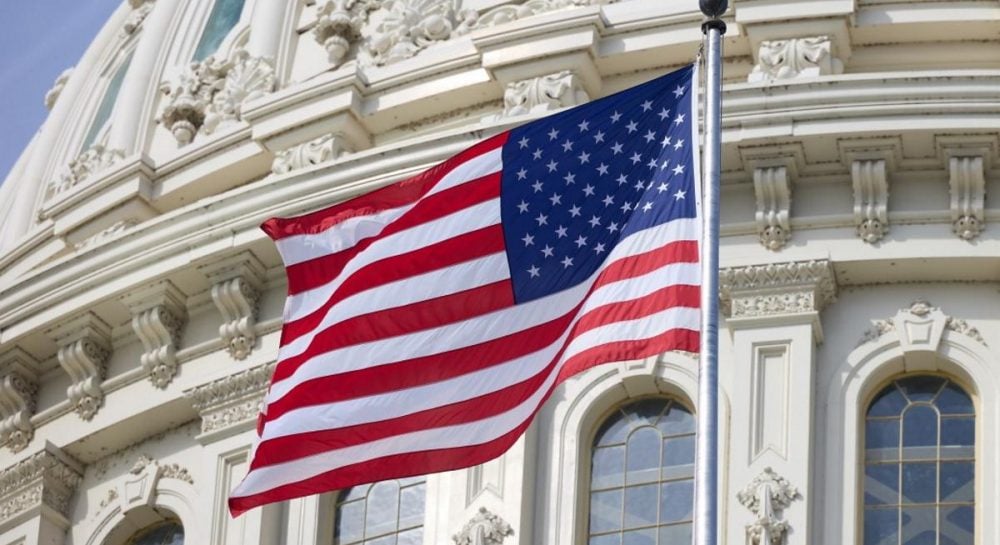Tony Blair thought he had the answer for London’s perennial public transport funding problem. For decades before him, the Greater London Authority was dependent on an annual grant from Westminster to balance the books.
As a result, long-term investment was nigh-on impossible meaning passengers on the world’s oldest Underground railway were regularly saddled with typical delays, cancellations and overrunning engineering works.
Privatising the Tube was his predecessor John Major’s answer. But Blair had other ideas when he came to power in 1997. Public-private partnerships were the solution.
John Prescott, transport secretary at the time, told the Commons that the PPP model would “modernise the Underground” and “guarantee value for money” – neither of these assertions would come true.
More than two decades on, and more than 10 years since New Labour’s experiment imploded – funding the capital’s public transport remains a conundrum.
While decisions are yet to be made, Westminster is this week expected to offer London Mayor Sadiq Khan the bare minimum funding to keep public transport running across the capital, a £500m bailout to buoy Transport for London until March next year. It takes TfL to the brink of failure for the fifth time since the start of the pandemic.
The Mayor and his officials are this weekend scrambling to persuade counterparts in Whitehall to agree to a full £1.7bn bailout that would keep services running until March 2023.
Khan also wants billions of pounds for a capital expenditure programme, used for replacing faulty trains, that he claims is required to maintain the status quo of the Underground rather than enhance it.
Until the pandemic, experts say one positive legacy remained from the Blairite reforms. Not beholden to handouts from the Government, TfL had the ability to raise capital independently – the devolved administration could plan for the long term.
Coronavirus scuppered this, however. Lockdowns led to a sharp fall in fare revenue, forcing TfL to go to Boris Johnson’s administration for help. It has received £4.8bn in taxpayer funding since March 2020 across three deals. The latest grant runs out at midnight on Friday.




